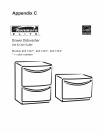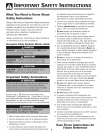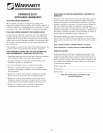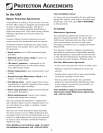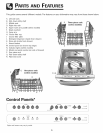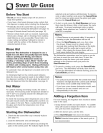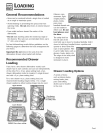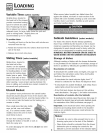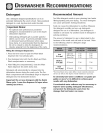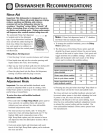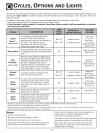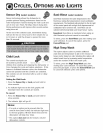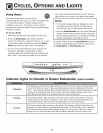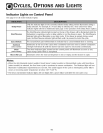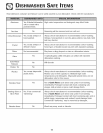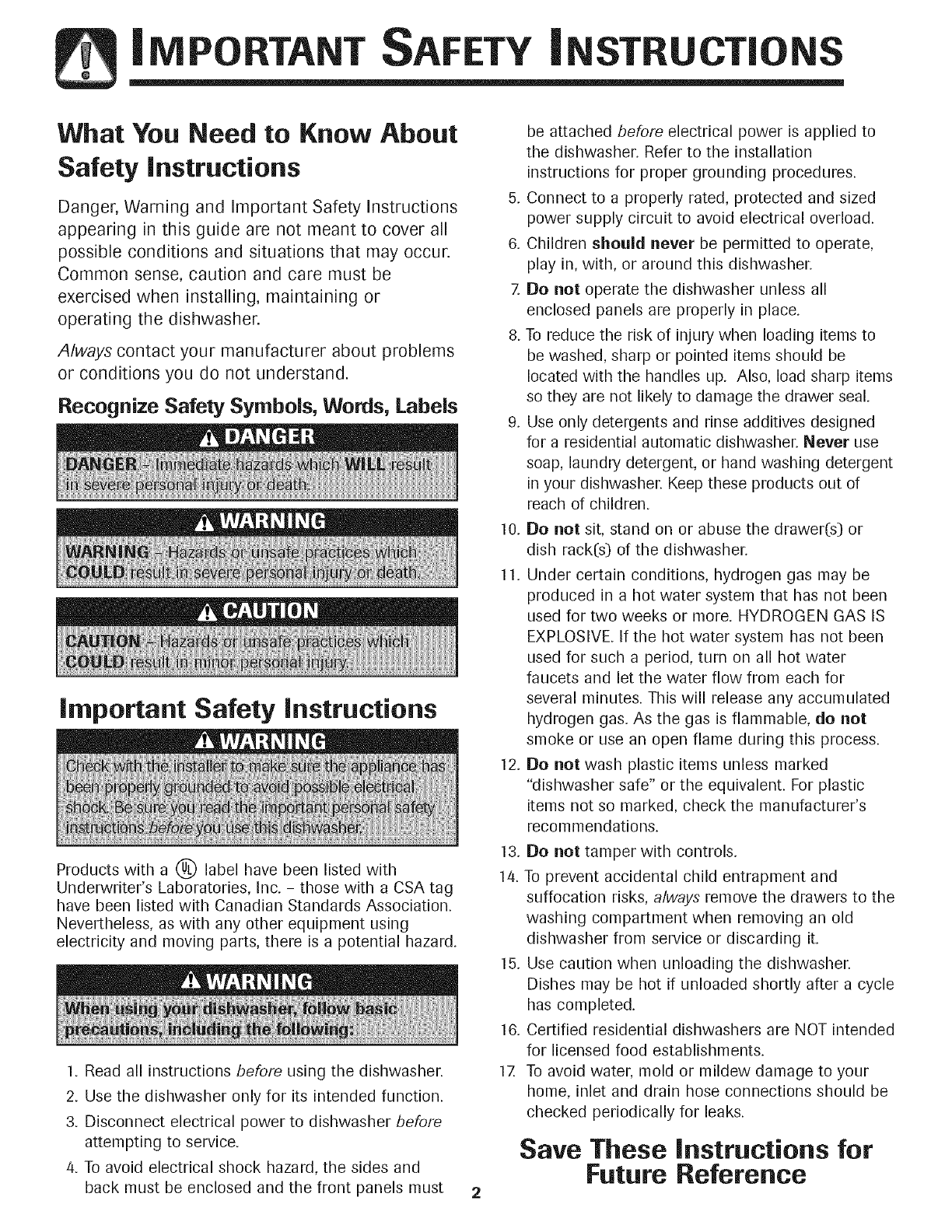
SAFETY
What You Need to Know About
Safety Instructions
Danger, Warning and important Safety instructions
appearing in this guide are not meant to cover all
possible conditions and situations that may occur.
Common sense, caution and care must be
exercised when installing, maintaining or
operating the dishwasher.
Always contact your manufacturer about problems
or conditions you do not understand.
Recognize Safety Symbols, Words, Labels
important Safety instructions
Products with a (_ label have been listed with
Underwriter's Laboratories, inc. - those with a CSA tag
have been listed with Canadian Standards Association.
Nevertheless, as with any other equipment using
electricity and moving parts, there is a potential hazard.
1. Read all instructions before using the dishwasher.
2. Use the dishwasher only for its intended function.
3. Disconnect electrical power to dishwasher before
attempting to service.
4. To avoid electrical shock hazard, the sides and
back must be enclosed and the front panels must
be attached before electrical power is applied to
the dishwasher. Refer to the installation
instructions for proper grounding procedures.
5. Connect to a properly rated, protected and sized
power supply circuit to avoid electrical overload.
6. Children should never be permitted to operate,
play in, with, or around this dishwasher
7. Do not operate the dishwasher unless all
enclosed panels are properly in place.
8. To reduce the risk of injury when loading items to
be washed, sharp or pointed items should be
located with the handles up. Also, load sharp items
so they are not likely to damage the drawer seal.
9. Use only detergents and rinse additives designed
for a residential automatic dishwasher. Never use
soap, laundry detergent, or hand washing detergent
in your dishwasher. Keep these products out of
reach of children.
10. Do not sit, stand on or abuse the drawer(s) or
dish rack(s) of the dishwasher.
11. Under certain conditions, hydrogen gas may be
produced in a hot water system that has not been
used for two weeks or more. HYDROGEN GAS IS
EXPLOSIVE. If the hot water system has not been
used for such a period, turn on all hot water
faucets and let the water flow from each for
several minutes. This will release any accumulated
hydrogen gas. As the gas is flammable, do not
smoke or use an open flame during this process.
12. Do not wash plastic items unless marked
"dishwasher safe" or the equivalent. For plastic
items not so marked, check the manufacturer's
recommendations.
13. Do not tamper with controls.
14. To prevent accidental child entrapment and
suffocation risks, always remove the drawers to the
washing compartment when removing an old
dishwasher from service or discarding it.
15. Use caution when unloading the dishwasher.
Dishes may be hot if unloaded shortly after a cycle
has completed.
16. Certified residential dishwashers are NOT intended
for licensed food establishments.
17. To avoid water, mold or mildew damage to your
home, inlet and drain hose connections should be
checked periodically for leaks.
Save These instructions for
Future Reference



